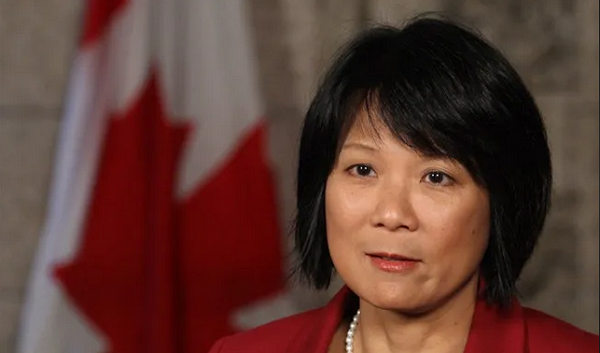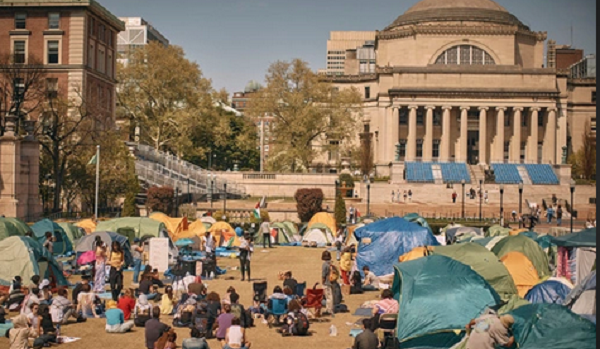Toronto’s proposed budget has a 10.5 percent property tax hike
Toronto residents could be facing a 10.5-per-cent property tax increase this year, the biggest boost in recent memory, with the prospect of that rising to 16.5 per cent unless the federal government commits money to support refugees.
The $17-billion operating budget proposed Wednesday by city staff comes less than a year after Mayor Olivia Chow was elected. During the race her opponents accused her of planning huge tax increases, while she said she would assess city needs and then tax accordingly.
Toronto’s increase follows a series of property tax spikes in cities across the country, though others have tended to be in the single digits.
Council will vote on the budget in mid-February, after the public has had a chance to weigh in.
The 10.5-per-cent increase in Toronto comprises a 9-per-cent rise in the property tax rate, plus the preplanned 1.5-per-cent boost in the city-building fund, which raises money for transit and housing.
In a presentation to the budget committee, staff said that the process began with a $1.78-billion shortfall, representing about 10 per cent of the entire operating budget. That gap was reduced through measures including city-found savings and money provided via the “new deal” signed in November with the province.
The proposed 9-per-cent tax increase would close the gap by another $380-million. But that still leaves $250-million needed to fund about 4,300 beds for refugee claimants. Budget chief and councillor Shelley Carroll said the city must have a federal commitment to provide that money by later in January.
“This is truly a federal responsibility,” she said, adding that if Ottawa doesn’t come through by Jan. 26 she will ask staff to add a 6 percentage point “federal impact levy” to tax bills.
A spokeswoman for Deputy Prime Minister and Finance Minister Chrystia Freeland did not answer directly when asked whether Ottawa would commit to this funding.
“Our government has been – and will continue to be – a strong partner for the people of Toronto, on housing, public transit, and much more,” Katherine Cuplinskas said in an e-mail. “We have contributed more to the City of Toronto than any federal government in Canadian history.”
Ms. Chow will present her revised budget at the start of February, giving the public a chance to make comments. But Ms. Carroll suggested that there was limited room for change, telling reporters Wednesday that the city was struggling to recover from years of underfunding.
“We cannot keep kicking that can down the road,” she said. “When times are tough, that is precisely when people need to be able to count on their city to deliver.”
Ms. Chow is expected to speak publicly on the proposed budget Wednesday afternoon.
Canadian cities have long struggled with the diverse range of responsibilities. In some cases these have been downloaded by higher levels of government. In others, cities have reacted to citizen needs or stepped up when no other government was willing to act.
In spite of their growing mandate, cities remain largely reliant on property taxes, leading to upward pressure across the country and prompting repeated calls for diversified sources of municipal revenue. However, provincial and federal governments have been reluctant to approve measures such as road tolls or local sales taxes.
This article was reported by The Globe and Mail
















